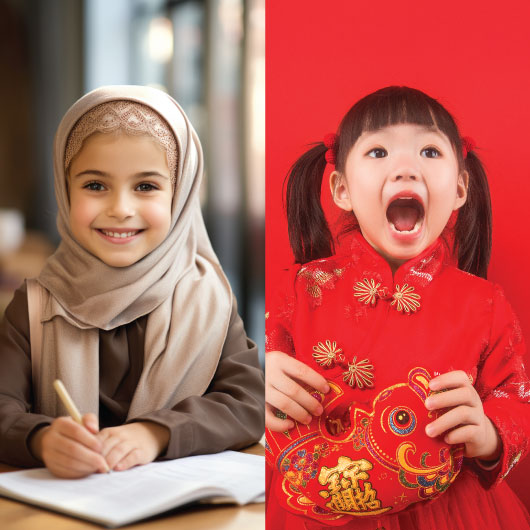What's next?
Interested?
Leave your details here.
HOW TO HELP CHILDREN LEARN FROM THEIR MISTAKES

Mistakes are the portals of discovery – James Joyce
Learning from mistakes and errors is an essential part of human development for both the young and old. However, sometimes we as parents fail to teach our children that it is alright to make mistakes and that there is always a positive side to it.
Whether it’s doing homework, making friends, or participating in sports, learning is enhanced by trial and error. Learning from our mistakes is one way to push ourselves to do things differently. It encourages us to experiment with new and creative approaches to problem solving. Learning from mistakes helps develop wisdom and good judgement over the course of a lifetime.
Since many children grow up in a society that expects them to be perfect, how can we teach them that making mistakes is part of the learning process? Below are some points that you can try to help your children learn from their mistakes.
1. Acknowledge the fact that you don’t expect them to be perfect
Show them unconditional love, regardless of their mistakes or lapses in judgment. Sometimes, children are afraid to admit their mistakes because they want to look perfect for us, parents. They try and portray their perfect side, thinking that’s what makes them better human beings. Parents should demonstrate and help them understand that it is alright to make mistakes.
2. Encourage children to take responsibility for their mistakes
Parents should not rescue them from their mistakes. Instead, focus on finding the solution together. Provide examples of your own mistakes, the consequences and how you learned from them. Advise them to not play the blame game if they are at fault. Parents should also avoid pointing out your child’s past mistakes. Teach them to apologise when their mistakes have caused harm or endangerment to others.
3. Praise your children when they admit to their mistakes, and also for their efforts
Encourage them to overcome setbacks. When you praise them, they know that they have your full support, which motivates them to do better. Saying positive words can shift their perspective to always focus on the bright side when things don’t go their way.
Finally, children will learn a lot by mirroring their parents’ behaviour. So, when you lose your temper or do something wrong, apologising is good. Telling them about the mistakes you have made and what the consequences were. This will demonstrate to them that we are all humans after all.

